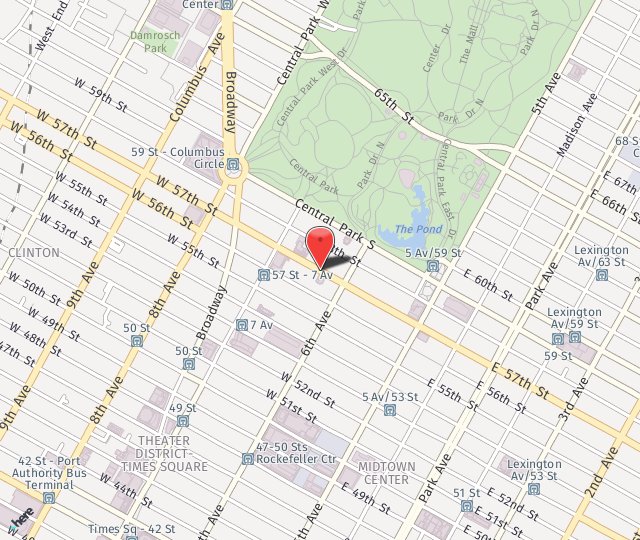
What Triggers the Gag Reflex?
It has been proposed that a strong gag reflex stems from physical factors. It has also been proposed that people gag as a result of psychological concerns. The truth seems to be that either can stimulate an overactive gag reflex. Also true is that, regardless of the cause, a patient and their dentist can work together to ensure this problem does not get in the way of optimal oral health.
What You Can Do About Your Gag Reflex
Many people find that the following strategies help decrease their gag reflex:
- Breathe through the nose. If this is a challenge due to allergies or a cold, a decongestant can be taken before a dental appointment.
- Let drool happen. Most patients try to swallow saliva during dental exams and procedures. However, this can stimulate the gag reflex in some. Rather than worry about gagging, let saliva flow as it will. Suction will catch much of it.
- With gagging related to psychological stress, distractions can be very helpful. A distraction could be listening to music or watching television during dental procedures. It could also be doing something tactile such as squeezing a stress ball.
What Your Dentist Can Do To Help
Dentists, especially those who cater to patients with dental anxiety, have numerous strategies for managing a strong gag reflex. These include:
- Believe it or not, patients often feel much calmer than they imagined they could when their dentist takes time to listen to their concerns. Listening is the first step in building trust and decreasing the overwhelm of a strong gag reflex.
- Topical anesthetics. When the roof of the mouth is highly sensitive, the dentist may use a numbing spray or gel to desensitize the trigger area.
- Chair position. It can be difficult for some patients to lie back during dental procedures. When possible, the dentist may situate the operative chair in a more upright position.
- Nitrous oxide and other forms of dental sedation relax the body, including areas of the mouth where the gag reflex can be stimulated.
We care about managing oral health, so we care about managing dental anxiety. To learn more about our services and how we can help you manage your gag reflex during dental appointments, call (212) 974-8737.
